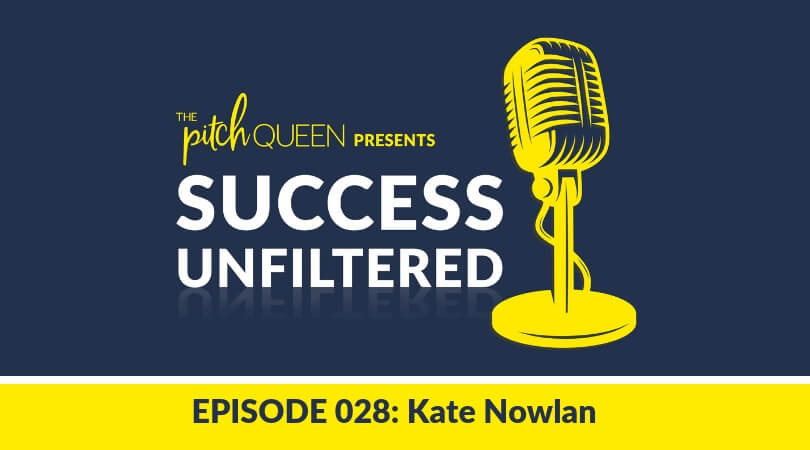
In the business world having a Plan B can be frowned upon. Some people believe that when you have a backup plan, it says that you are not 100% committed to your initial business and goals.
I wholeheartedly disagree!
Having a backup plan protects you and your business from completely folding, leaving you standing with nowhere else to go.
Beyond that, having a Plan B allows you to protect yourself, your family and your business. So, stop worrying about what others are thinking, take the time to create a solid backup plan and feel secure in you and your business’ future!
Plot Your Plan B
When a business idea hits, we jump right in. We start by creating goals, and then going through each of those goals and laying out all of the things we need to do so that we can accomplish what we’ve set out to do.
Every step is planned out down to the Tee. For some of us, it’s this planning that holds us back, (but that’s a post for a different day).
That same amount of planning should go into your Plan B. You need to take the time to discuss what could happen if your backup plan doesn’t work out. This may not be the most pleasant of conversations, you may dread having it, but the reality is that 8 out of 10 small businesses will fail in the first 18 months. Those are some scary numbers, but don’t let them deter you!
A guest on Success Unfiltered, Kate Nowlan, experienced what can happen when you don’t take the time to create a Plan B. Shortly after Kate began her home and office organization business she got a divorce from her husband. This left Kate nervous but excited to launch a career she’d always dreamed of.
Kate had a great start working for a nonprofit, which led to her doing fundraising as an executive for that same nonprofit. From there, Kate took a job with a small business as an office manager. She thought this was going to be an amazing career change, but she ended up hating it. She was working long hours and had a long commute that was keeping her away from her family.
Her employers were able to tell how unhappy Kate was and fired her after she was only there for 5 months. She was a single mom of two little girls, who had taken on a job that she thought would be amazing, but ended up being fired from.
Kate had no Plan B. She didn’t know what she was going to do with her life from there.
Kate’s strong desire for success and her two daughters are what spurred her forward into doing what she does today. She had to really dig deep into who she was and what she wanted to do with the rest of her life.
Despite not having a Plan B, Kate was a personal trainer and was able to connect with her old clients and let them know she was back and offering services again. It was actually one of Kate’s old clients that became her business partner.
They had discussed starting an athletic apparel brand years before, and were now both at a point that starting that business made sense.
Kate was fortunate, because even though she hadn’t taken the time to create a thought out Plan B, she did have some incredible experience and connections from her past that she was able to bring into her future.
Not to be a downer, but the reality is that not everyone will have the experience that Kate did, so take the time to create your Plan B, so that you can easily implement it should the time come.
Determine What’s Important
As I mentioned a little earlier, your Plan B will likely not be created the second you start your career or business. Chances are you will get things going, experience some growth and possibly some financial gains/losses or even some stressors.
These are the things you want to think about when you plot out your backup plan. You want to consider what currently causes you stress, or where you’re losing money. Then, create a backup plan that will solve those issues.
You don’t want to put your Plan B into place and quickly realize that you are running into the same problems you were with A. Put a stop to it in the very beginning!
Determine what is important to you and your business. Figure out what worked and what didn’t, and then create your plan with all of those things in mind.
Now, you might be wondering… What do I do if my Plan A doesn’t fail, but I still want to implement these changes I’ve identified?
Do it! Start slowly. Begin making changes to Plan A that will make your career or business one you’ve only dreamt about.
Just remember, when you created your initial business you lovingly put all of the practices into place. When you develop your Plan B, you have to consider that this could become your new career or business venture. Take the time to fully develop your Plan B with the same intentionality that you did with your Plan A.
Have More Than One Backup Plan
I know, this probably sounds crazy. Why would you want to spend even MORE time creating a Plan C, D, or Z?
Simple… Because you have an open mind about the future. You know that anything can happen to you, your career or your business, and you want to be prepared.
Let’s say you have an idea to sell t-shirts with catchy slogans on them. You introduce them to your market and they like them, but they’re not IN LOVE with them. You could look at this as your one shot, and consider yourself a failure because your t-shirts aren’t selling OR you can look at your different backup plans and see what ideas you have in there that you could implement now, in your current business to spice things up.
Having multiple business plans allows you to be creative!
You know you need to have a solid plan in the beginning, but by Plan D, maybe you let loose a little bit and put in that you want to have an entire clothing line that you market only to business owners who use the color blue in their branding.
Yes, that’s a bit extreme and niched down, but you don’t know what the future holds, or what might be THE THING that takes your business to the next level.
In Conclusion
You’re going to have regular day to day struggles, remove the worry about what happens if your business doesn’t succeed by creating a Plan B that you believe in as much as your initial plan.

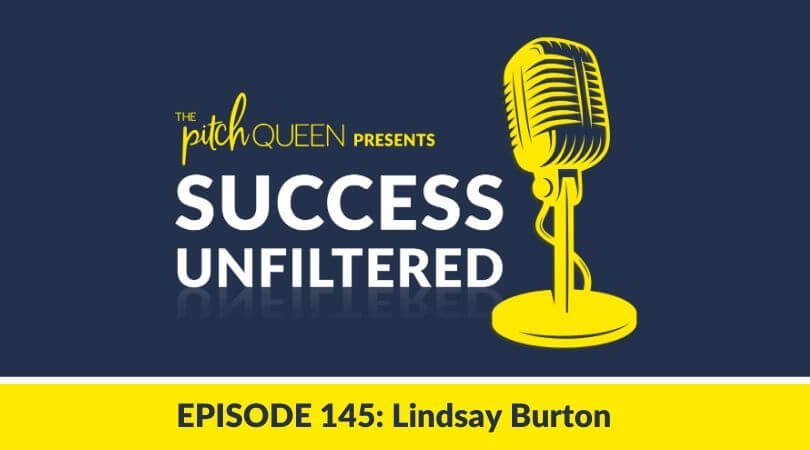
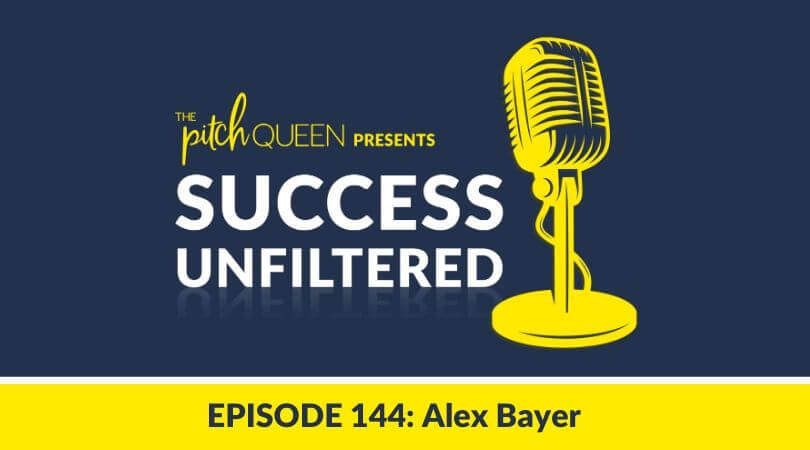
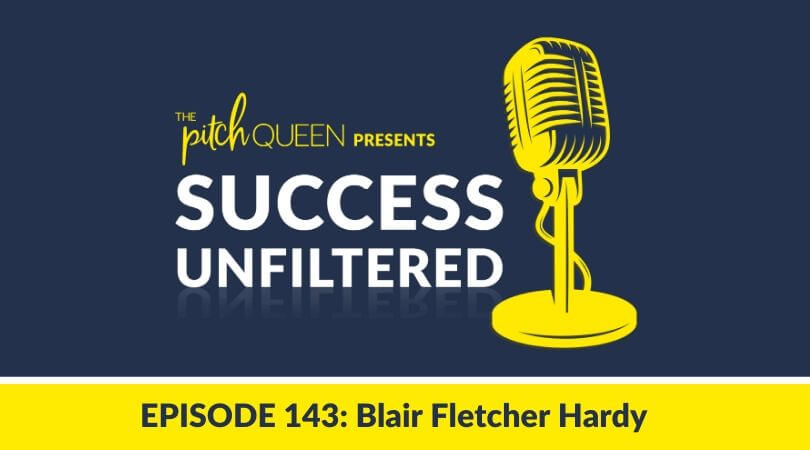
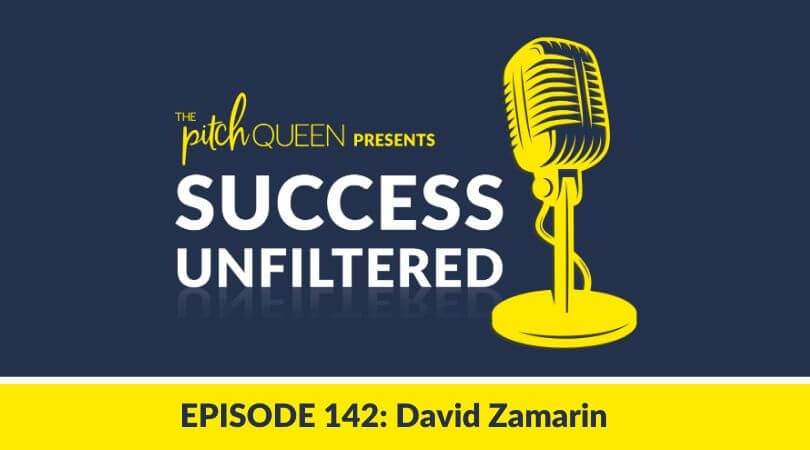
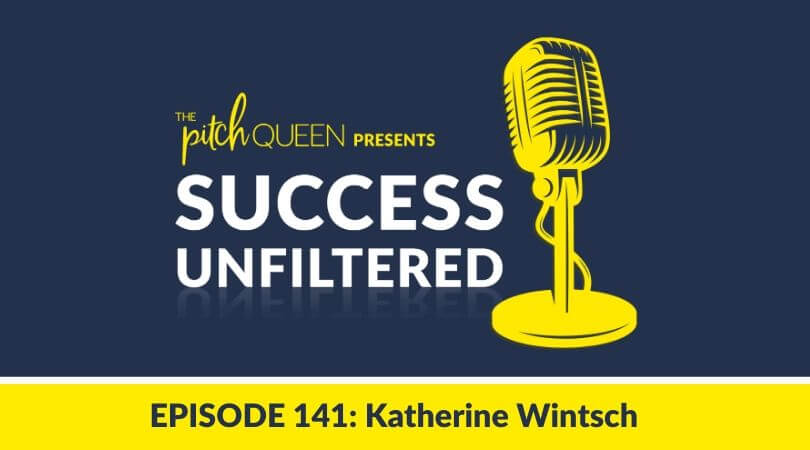
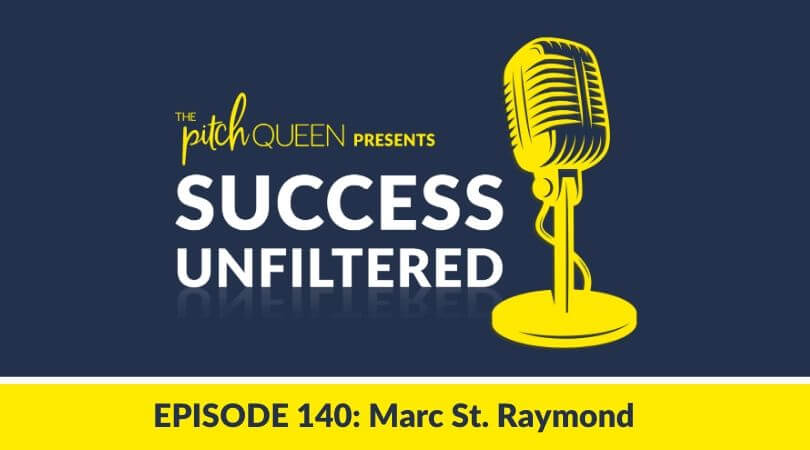
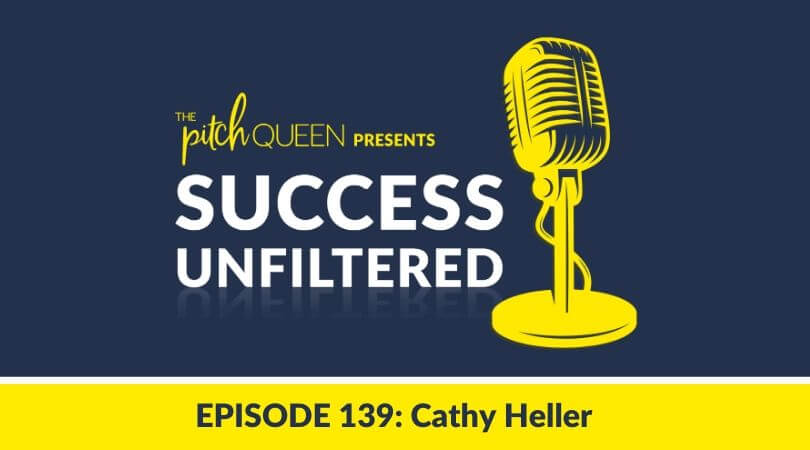
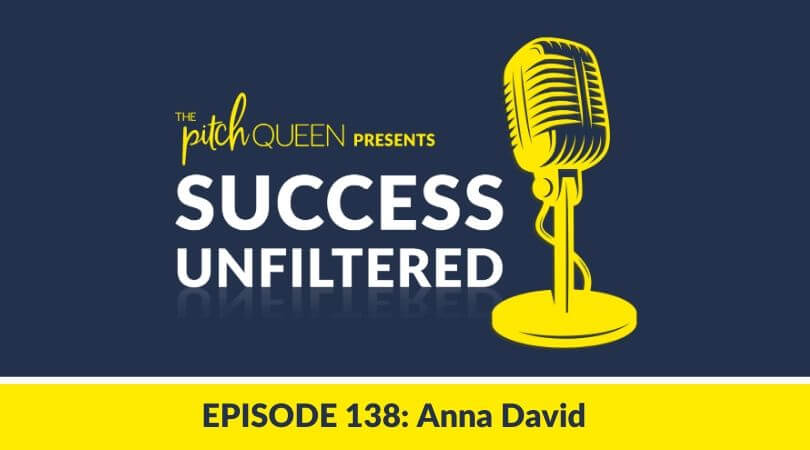
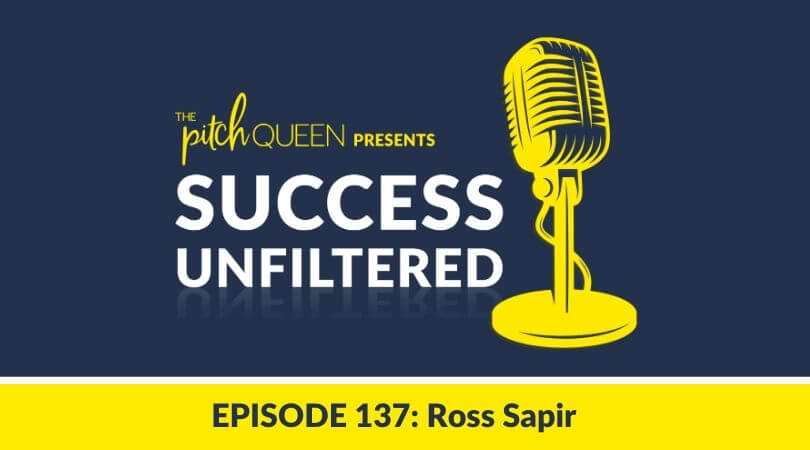
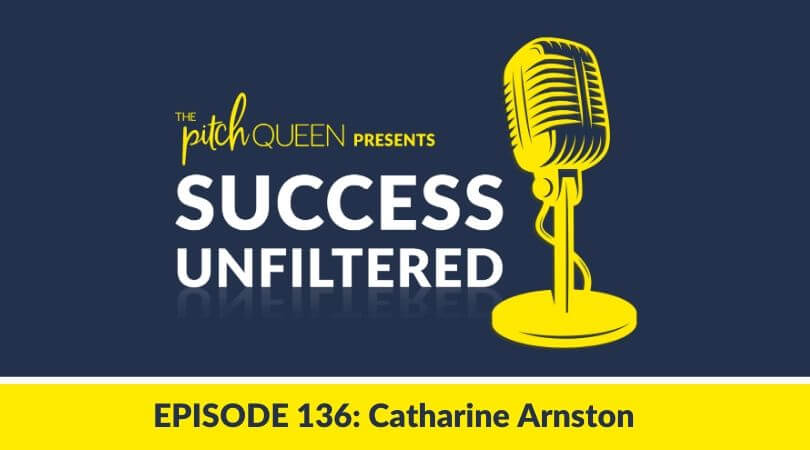
Great and wonderful aspirations
Very helpful